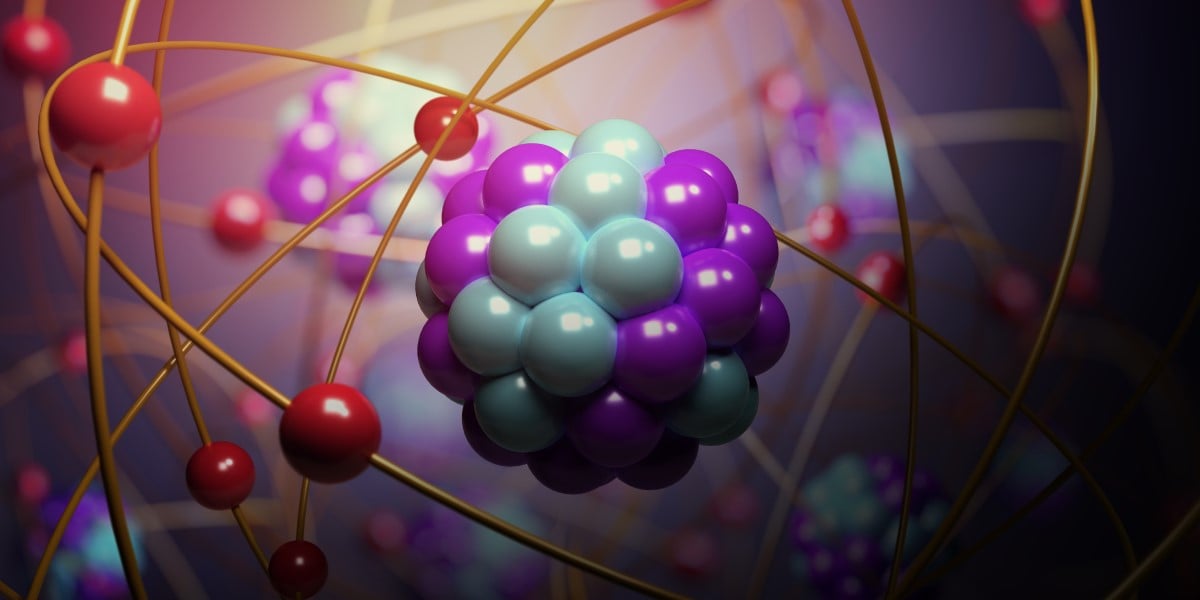Cosmic Rays More Likely To Glitch Out Water-cooled Computers

When your correspondent is in the pub talking tech, conversation sometimes turns to this 2008 warning from Cisco that some of its line cards can experience "single event upset failures" due to "Thermal neutrons from cosmic radiation of energy less then 15eV."
The Register brings that up because researchers from Japanese tech giant NTT and Hokkaido University have just published research that reaches the same conclusion when considering different energy levels, and warned that the materials used to build and cool computers could make matters worse.
In a paper titled "Energy-Resolved SEU Cross Section From 10-meV to 800-MeV Neutrons by Time-of-Flight Measurement" the researchers explore what they call "soft errors" in electronics.
Cisco used the same term, in the same way, back in 2008: it describes spontaneous and transient errors. The consequence of a soft error can include a crash, or data corruption in memory.
The authors nod to the fact that soft errors are well known, but point out that researchers have not previously probed the full extent of the issue. And with electronic devices proliferating at astounding rates, and being used in many critical roles, they suggest it's time we knew just how susceptible we all are to this problem so that better countermeasures can be developed.
They therefore devised a way to test the impact of neutrons on a field-programmable gate array (FPGA) using the neutron time-of-flight technique and instruments at the Los Alamos Neutron Science Center as well as the Japan Proton Accelerator Research Complex.
As the Center explains, the technique allows measurement of the energy in a neutron. The researchers also observed errors in the FPGA's memory.
That approach found plenty of errors, leading them to conclude that "the contribution of low-energy neutrons to soft errors was about 1/5–1/4 of the total error count and 1/4–1/3 with neutrons over 1 MeV."
The authors described those results as "significant proportions."
- NASA's gamma-ray-burst alert satellite put into safe mode after suspected reaction wheel failure
- Cisco restores evidence of its funniest FAIL – ethernet cable presses switch's reset button
- Scientists shed light on oddball gamma rays from deep space
- Something 4,000 light years away emitted strange radio bursts. This is where we talk to scientists for actual info
NTT's summary of the paper's findings observes: "The data show that the soft error rate tends to be lowest around 0.1 MeV but increases as the energy decreases further."
The authors "assume that this is due to the influence of boron (boron 10), which is present in trace amounts in semiconductors."
The paper also found that the soft error rate was higher with neutrons in the energy band around 25 meV (2.5 x 10-8 MeV), which are known as "thermal neutrons."
And that's bad news because, as NTT's summary points out, such neutrons are produced "when high-energy neutrons enter hydrogen-containing materials, such as water, plastics, and electronic substrates, losing their speed."
But aren't those materials really quite common in computing environments? Why, as it happens, yes they are. As the researchers observe: "For example, if semiconductors are cooled by water, the thermal neutron count is expected to increase significantly."
Well, dang.
The authors suggest their findings will "make it possible to simulate the number of failures due to soft errors, taking into account the surrounding environments of electronic devices, and to take measures appropriate for this energy region."
Perhaps one day talking tech in the pub will therefore include discussion on the merits of newly neutron-proofed kit. ®
From Chip War To Cloud War: The Next Frontier In Global Tech Competition
The global chip war, characterized by intense competition among nations and corporations for supremacy in semiconductor ... Read more
The High Stakes Of Tech Regulation: Security Risks And Market Dynamics
The influence of tech giants in the global economy continues to grow, raising crucial questions about how to balance sec... Read more
The Tyranny Of Instagram Interiors: Why It's Time To Break Free From Algorithm-Driven Aesthetics
Instagram has become a dominant force in shaping interior design trends, offering a seemingly endless stream of inspirat... Read more
The Data Crunch In AI: Strategies For Sustainability
Exploring solutions to the imminent exhaustion of internet data for AI training.As the artificial intelligence (AI) indu... Read more
Google Abandons Four-Year Effort To Remove Cookies From Chrome Browser
After four years of dedicated effort, Google has decided to abandon its plan to remove third-party cookies from its Chro... Read more
LinkedIn Embraces AI And Gamification To Drive User Engagement And Revenue
In an effort to tackle slowing revenue growth and enhance user engagement, LinkedIn is turning to artificial intelligenc... Read more

